Course Aims
This course provides opportunities for learners to use linguistic and literary approaches in their reading and interpretation of texts, both traditional fiction and a range of non-fiction and spoken data. You’ll also analyse transcripts and a wide range of written material, showing how the two disciplines can relate to each other.
Entry Requirements
You will require grade 6 in preferably English language and English literature, or combined English in addition to the general entry requirements.
Course Content
Topics include:
Paper 1 (40% of A level)
- A study of imagined worlds, point of view and genre in prose, in a text characterised by unusual narratives, narrators and events
- You will study the poetry Lovely Bones and Robert Browning
- The forms and functions of poetic voice in the poetry of one selected poet e.g. Carol Ann Duffy selected from “Mean Time”
- Methods of language analysis
- People and places
- Speech and other genres
- Wide range of linguistic and generic features
- Related issues around questions of representation and viewpoint in texts taken from a range of time periods
- A re-creative piece with an accompanying commentary based on an extract from the set text AQA Anthology Paris
Paper 2
Exploring Conflict (40% of A level)
- The role of the individual in society
- Re-creative writing based on set text e.g. “The Great Gatsby” by F. Scott Fitzgerald
- Critical commentary and evaluating own writing
- Conflict in drama from a study of a set play e.g. “A Streetcar Named Desire” by Tennessee Williams
Non-exam assessment (20% of A level)
- A personal investigation that explores a specific technique or theme in both literary and non-literary discourse (2,500 – 3,000 words)
Assessment
You will be assessed by examinations and coursework.
Materials
These will be supplied by the tutor.
Progress
English Language and Literature combines well with other subjects in relation to university courses. It will also be valued by employers as it offers a focus on the power of expression and linguistic variety. This A level can lead to a variety of career pathways including teaching, journalism, business, management, and law.

